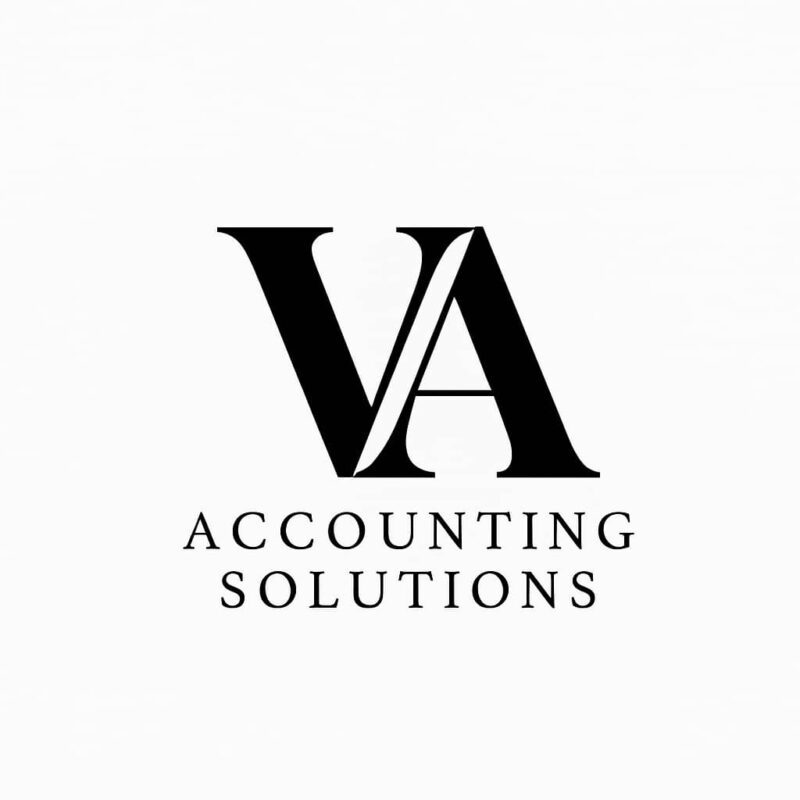To maximize family tax efficiency as a business owner who has a family, make use of not only your personal allowance and that of your spouse, but also those of your children. Every individual in the UK, regardless of age, is entitled to a personal allowance, which for the 2024/2025 tax year stands at £12,570. This means that each of your children can earn up to £12,570 per year without paying any income tax. The key question is how to structure your affairs to utilize these allowances effectively, especially if your children are minors.

Structuring Shareholdings to Benefit Minor Children in Family Tax Allowance
Normally, in a case where capital is transferred to a minor child—whether through a savings account or other investments—any income generated is treated as the parent’s income for tax purposes (parental settlement rule). However, you can create a more tax-efficient structure by transferring a portion of your company’s shares into a discretionary trust set up for the benefit of your children. This trust allows you to allocate dividends to the trust, which can then be offset against your children’s personal allowances.
Parental Settlement Rules
When a parent gifts assets to their minor, unmarried children, any income exceeding £100 per year from these assets is taxed as the parent’s income. This is known as the parental settlement rule. Therefore, simply transferring income-generating assets to minor children won’t effectively utilize their personal allowances due to this attribution.
For example, when your company declares dividends, the portion of those dividends allocated to the trust can be used to pay for your children’s expenses, such as school fees, extracurricular activities, or other costs. By using this strategy, you can save significant amounts in taxes while also providing for your children’s needs. Using a discretionary trust in this way is not considered an aggressive tax planning scheme.
Trusts have long been an established method for managing family wealth, allowing trustees to control income and capital on behalf of beneficiaries. As the business owner, you can serve as a trustee, maintaining control over the trust’s assets and the distribution of income. This setup ensures that the funds are used as you see fit while optimizing your family’s tax position. To quantify the financial benefits of this strategy, consider the tax implications of extracting dividends as a higher-rate taxpayer.
For instance, dividends are taxed at 33.75% for income between £50,270 and £125,140, and at 39.35% for income above £125,140. By allocating £12,570 of income to each child via a trust, you could save up to £4,236 per year in taxes per child. If you have multiple children, this saving multiplies accordingly. If you are drawing income as salary, where higher tax rates apply (45% for income above £125,140), the potential savings increase further. Allocating income to your children could therefore result in significant tax savings per child per year.
Discretionary Trusts and Tax Implications
Establishing a discretionary trust for your children grants trustees the authority to manage and distribute assets at their discretion. However, this approach has significant tax considerations:
- Trust Tax Rates: Discretionary trusts are taxed at the highest income tax rates. For the 2024/2025 tax year, income above the £1,000 standard rate band is taxed at 45%, and dividends at 39.35%.
- Parental Settlement Rule Application: If the trust’s beneficiaries include your minor, unmarried children, and they receive income distributions, this income is attributed back to you as the settlor for tax purposes.
To maximize your tax efficiency as a family business owner, consider transferring some of your company’s shares into a discretionary trust for the benefit of your children. This strategy could save you up to £5,656 in income tax per year per child, depending on your income level. As personal allowances continue to rise, the potential savings from this strategy are likely to grow, making it a powerful tool for managing your family’s tax obligations.
Maximizing family tax allowances in the UK requires careful planning, especially when involving minor children. While each individual, including children, has a personal allowance of £12,570 for the 2024/2025 tax year, utilizing these allowances involves navigating specific tax regulations.

Alternative Strategies to Fully Take Advantage of Family Tax Allowance
To effectively utilize family tax allowances:
- Employing Family Members: If your children are of working age, employing them in your business and paying a reasonable salary can utilize their personal allowances. Ensure the remuneration reflects actual work performed to comply with tax regulations.
- Junior ISAs: Contributing to Junior Individual Savings Accounts allows tax-free growth on investments for your children. While this doesn’t utilize their personal allowances directly, it provides a tax-efficient savings vehicle.
- Pension Contributions: Making pension contributions on behalf of your children can be tax-efficient, benefiting from tax relief and long-term growth, though the funds will be inaccessible until retirement age.
Professional Advice
Tax laws are intricate and subject to change. Consulting with a tax professional or financial advisor is crucial to develop strategies tailored to your family’s circumstances and ensure compliance with current regulations.
FAQ on Utilizing Family Tax Allowances in the UK
1. What is the personal allowance for the 2024/2025 tax year?
The personal allowance for the 2024/2025 tax year is £12,570. This is the amount of income an individual can earn before paying income tax.
2. Can I use my children’s personal allowances to reduce my tax liability?
While each child has a personal allowance of £12,570, directly transferring income-generating assets to minor, unmarried children is subject to the parental settlement rule. If the income exceeds £100 per year, it is taxed as the parent’s income.
3. What is the parental settlement rule?
The parental settlement rule states that if a parent gifts assets to their minor, unmarried child, any income over £100 per year from those assets is treated as the parent’s income for tax purposes.
4. Are discretionary trusts effective for allocating income to minor children?
Discretionary trusts can be used to manage assets for beneficiaries, but they are taxed at high rates: 45% for income and 39.35% for dividends. Additionally, if the trust benefits minor children and the parent is the settlor, the income is attributed back to the parent due to the parental settlement rule.
5. What are alternative strategies to utilize family tax allowances?
- Employing Family Members: If children are of working age, employing them in the family business with reasonable salaries can utilize their personal allowances.
- Junior ISAs: Contributing to Junior Individual Savings Accounts allows tax-free growth on investments for children.
- Pension Contributions: Making pension contributions on behalf of children can be tax-efficient, benefiting from tax relief and long-term growth.
6. Why is professional advice recommended for tax planning?
Tax laws are complex and subject to change. Consulting with a tax professional ensures that strategies are tailored to your family’s circumstances and comply with current regulations.

